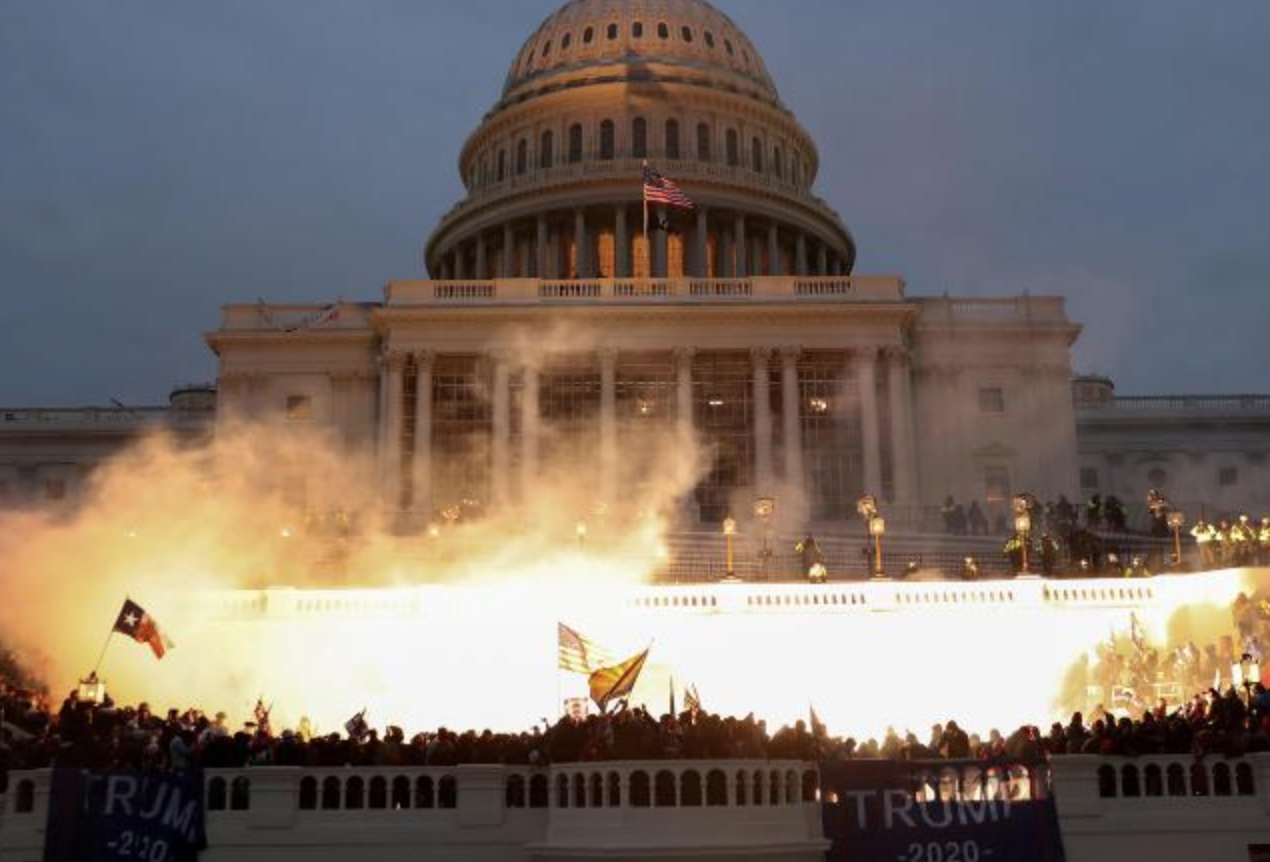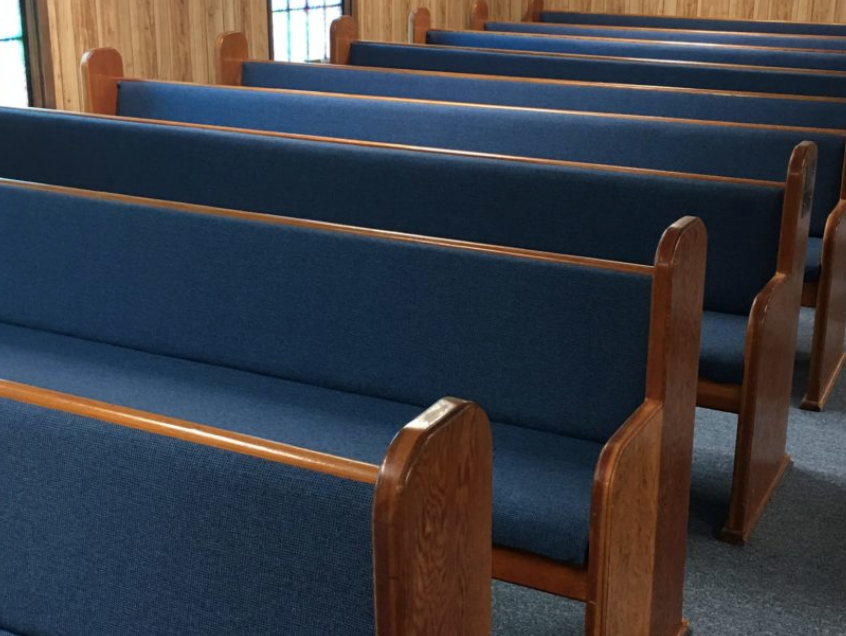I live in Southern Appalachia, which is in Bible Belt territory on anyone’s map of America.
Then again, I live near the Oak Ridge National Laboratory — a place where the nerdy PhD’s per-square-foot count is the same or higher than, well, the California Institute of Technology or the University of California, Berkeley. In other words, it’s surprisingly easy to run into local atheists and agnostics just about anywhere one engages in conversation (take the gym, for example).
Are these unbelievers hostile? Let’s just say that the real people I meet in this niche religious group (#ducking) are different from those I encounter in cyberspace. Maybe there’s something about the Southern Highlands that attracts friendly atheists-agnostics?
I thought about this phenomenon when I saw this recent Graphs about Religion headline from political scientist (and GetReligion contributor Ryan Burge: “Just How Much Do Americans Dislike Atheists?”
This new Burge piece reminded me of his earlier piece: “No One Participates in Politics More than Atheists — Even White Evangelicals.” Remember these reflections on the Cooperative Election Study question: “Have you done any of the following activities in the previous month?”
The group that is most likely to contact a public official? Atheists.
The group that puts up political signs at the highest rates? Atheists.
HALF of atheists report giving to a candidate or campaign in the 2020 presidential election cycle.
And while they don’t lead the pack when it comes to attending a local political meeting, they only trail Hindus by four percentage points.
Anyway, I stashed these Burge URLs in my growing “Thinker piece” file — along with a very interesting (and I would argue, related) Pew Research Center post with this headline: “One-in-six Americans have taken steps to see less of someone on social media due to religious content.”
Let’s try to connect a few dots.










